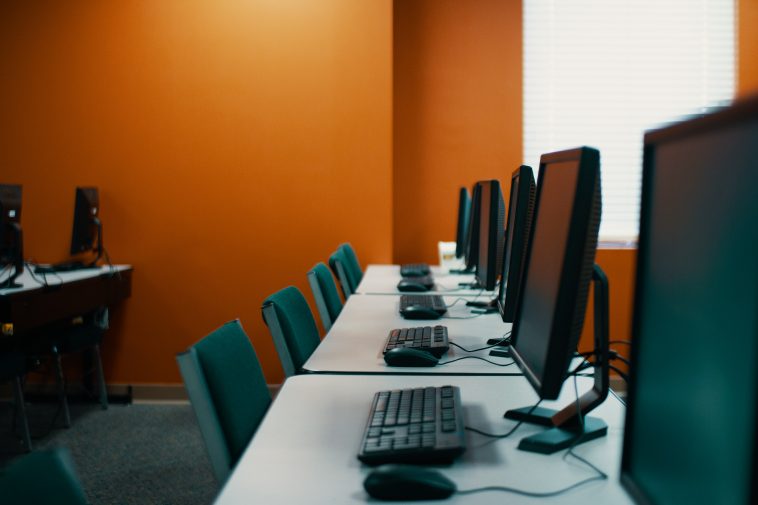Paula Ingabire, the minister of ICT and innovation, says that because of the money from the World Bank and China’s Exim Bank, nearly 3,000 schools without internet will have it by 2024.Ingabire told the Chamber of Deputies about this information last week when he answered questions about the ICT industry.
She says that the country has 6,756 schools, including primary, secondary, and TVET schools. She said 3,000 of these schools, or about 44.4%, do not have access to the internet.
Jean-Bosco Munyembabazi, the head teacher of Nemba Primary School in the Gakenke district, says that it is one of the schools that does not have internet.
He said, “Living without it is a kind of isolation, like living in a place with no roads,” and that it is necessary.
Some school systems, like the Teacher Management Information System (TMIS) and the School Data Management System (SDMS), can only work with the internet,” he said.
Also, the Rwanda Education Board (REB) puts textbooks online and makes us buy them, but we don’t have access to the internet. So, you know that getting access to these teaching tools is another problem, and we are still waiting for that to be fixed,” he said.
He added that doing simple online research on the internet might help students learn.
Ingabire says the government plans to move forward with the Smart Education Project, connecting all remaining schools to the internet.
She said, regarding the Smart Education Project, “We will connect at least 1,500 schools using the $30 million we got from China Exim Bank to start the project. This means that 1,500 schools will be connected to the internet from this year (2023) to the next” (2024).
She also talked about the Rwanda Digital Acceleration Project, funded by the World Bank and will be finished in five years. She said that a big chunk of the $200 million was set aside for infrastructure “for the last mile connectivity, including internet access for schools.”
The project funded by the World Bank aims to increase broadband access, build an environment for digital innovation, and provide digital public services.
She said, “It was noted that by 2024, about 3,000 schools that aren’t connected to the internet would be able to get online thanks to money from the China Exim Bank and the World Bank.That
She added that getting electricity to schools that don’t have it, such as using solar energy when possible, is another thing to think about.”
 We just launched our WhatsApp channel. Want to get the latest news from the Tech in Africa?
We just launched our WhatsApp channel. Want to get the latest news from the Tech in Africa?



